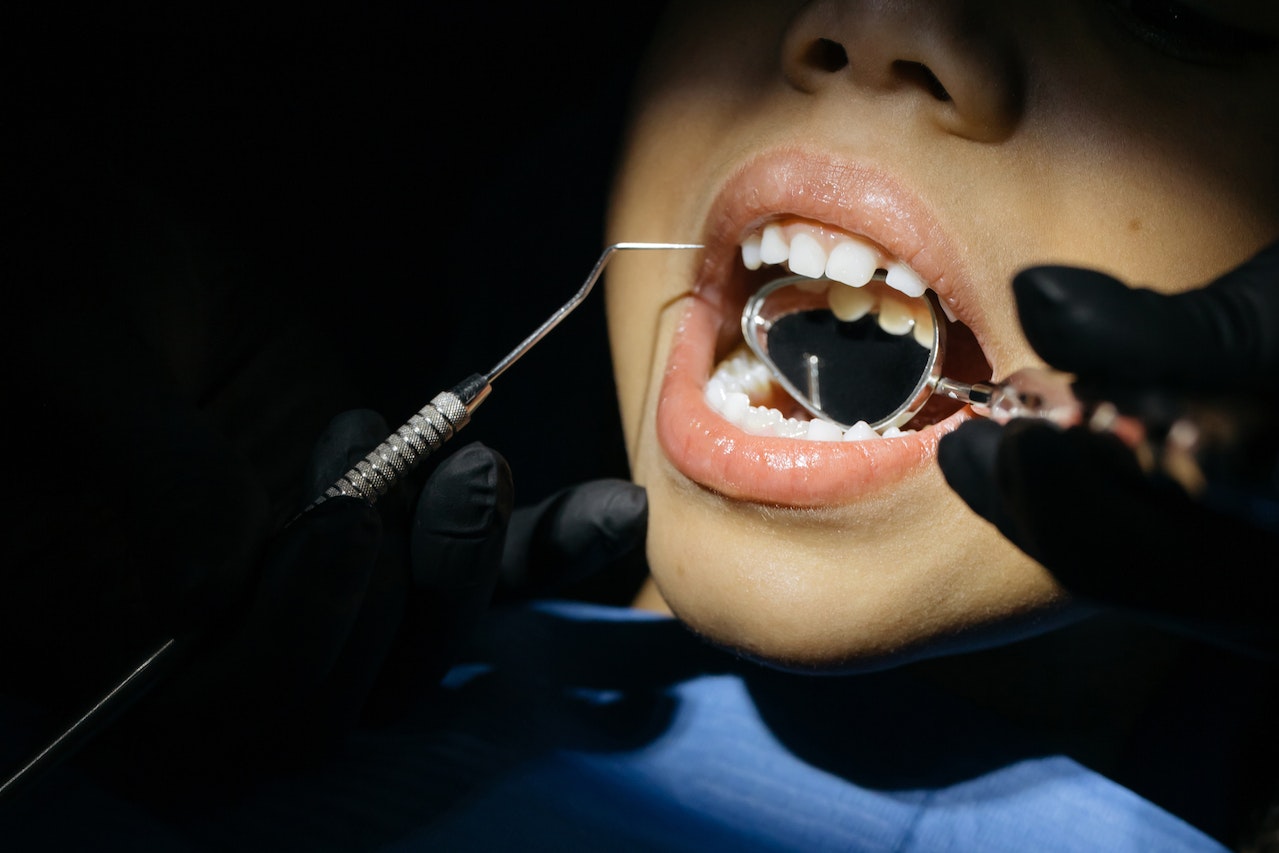The importance of oral hygiene from the stage of babyhood cannot be overemphasized. Though several babies don’t begin getting teeth until they are at least six months old, you should train the baby in good oral care habits as early as possible, as recommended by dentists in Bondi. Though some argue that there is no need to care for milk teeth as they are surely going to fall out, it is still important to practice good dental habits so as not to lose permanent teeth in the future.
Special attention and care must be provided to the health of the gums and teeth of the baby. If you promote the right dental health during the crucial developmental years, it can make all the difference down the years. The child will develop healthy dental habits and reduce the risk of dental issues in the future.
Why is caring for a child’s teeth important?
It is crucial to care for the teeth of the child, whether he or she has milk teeth or permanent teeth, or a mix of both. The main concern is the risk of developing cavities or tooth decay.
The teeth of children carry a risk of decay from the instant they first appear. Many parents think that decaying milk teeth is no big deal as they will fall out anyway. But the reality is that decaying tooth is likely to cause many problems for the dental health of the child in the future.
When the child loses a tooth due to cavities or decay caused by poor oral hygiene, it damages the capacity for proper growth of a permanent tooth. The permanent tooth also develops the risk of decay.
Decay of the tooth also impacts the ability of your child to eat and chew, leading to poor nutritional health. Additionally, when the child loses teeth prematurely, it becomes tougher for the child to learn to say certain words, and this might lead to the development of a speech impediment.
Dealing with thumb sucking and pacifiers
Most children develop the habit of thumb-sucking or pacifiers. But if you are not careful, both habits can cause damage to the shape of the teeth and mouth of the child as it grows. To combat such issues, you must get rid of both habits by the age of three. If needed, encourage a pacifier over thumb sucking habit as it is less challenging to stop.
As for kids who use pacifiers, make sure to:
● Avoid coating the pacifier with honey, sugar, or any sugary product
● Don’t clean the pacifier with your mouth so that you don’t spread germs
● Don’t use pacifiers featuring moving parts or liquid interiors
Taking care of gums
Dental care for babies must begin before they begin to teeth. Practice the habit of cleaning the gums of babies after each feeding. This can be done in the following ways:
● Wipe with a clean and wet washcloth
● Clean with a damp gauze piece surrounding your fingers
● Use an infant thimble in order to brush gums
Visit a dentist at one year old
As per the Australian Dental Association, babies must be taken to a dentist at one year of age, or when the first tooth appears, whichever comes first. But there can be individual variations among children. If you start early by visiting a dentist, it is possible to identify any potential dental issues like cavities. The child will learn to be comfortable with dental treatment, and you, as a parent, will learn the ropes of good dental care. Be prepared for advanced care in the future, like dental implants at Bondi Junction.
You must schedule a dental appointment for your child every six months. To maintain the good health of child’s teeth, arrange twice a year dental cleanings and check-ups.
Brush twice a day
Even as the baby begins to teeth, continue to wipe their gums after every feed. After the growing in of the baby’s teeth, make use of a baby toothbrush and a tiny amount (the size of a pea) of fluoride toothpaste for brushing twice a day.
With the passage of time, encourage your child to learn to brush. Train the child to hold the brush in a proper fashion and brush his teeth in the right way. Also demonstrate to the child how to spit out the toothpaste after brushing.
Train to floss
Begin training the child to floss after their teeth begin to fit closely together. This is ideally in the age group between two and six. Ensure that the child learns how to floss properly.
Avoid sugary food and drinks
Tooth decay and cavities are caused by the number one enemy of healthy teeth: sugary food and drinks. The latter fosters the growth of bacteria which converts sugar into acids. Such acids cause holes or cavities to develop in teeth.
Cavities are common in most children; around one in four. Parents need to take special care to prevent cavities. The best way is to limit sugary food and drinks. Such foods encourage the growth of plaque and bacteria, which are tough to wash away from the mouth.
In sum, these are all some tips to take care of the dental health of children.









































